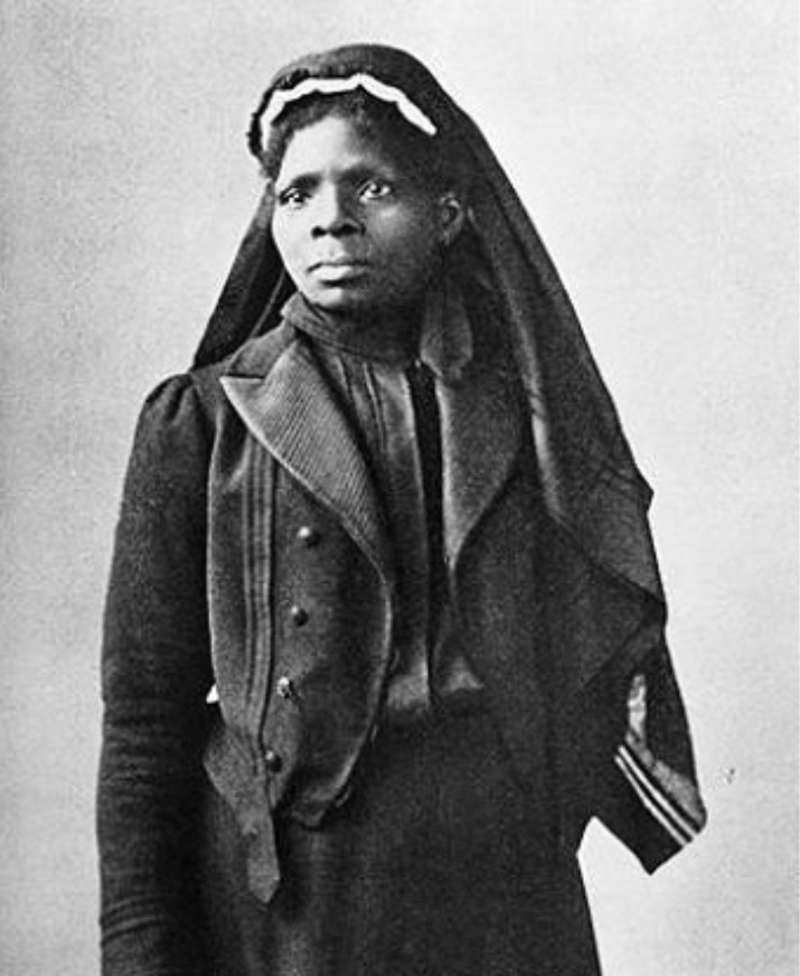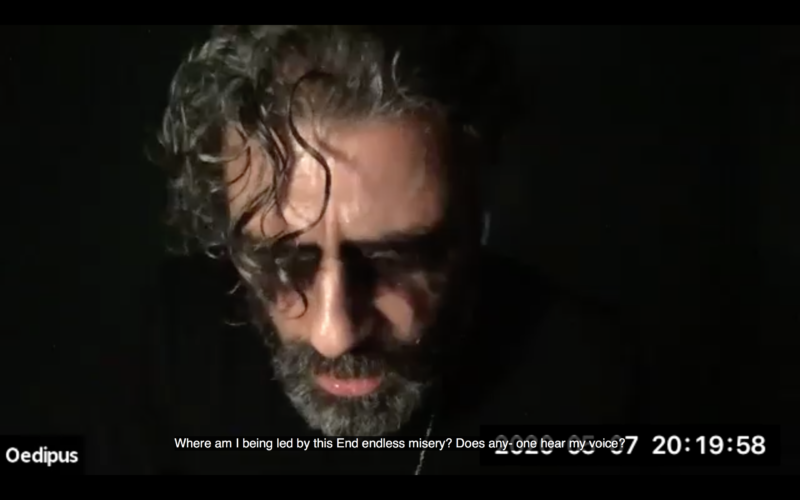Open to Public
END OF LIFE: Memorial Sloan Kettering Cancer Center
About the plays
-
Women of Trachis by Sophocles
Sophocles’ Women of Trachis, tells the story of Heracles—the strongest of all Greek heroes—who has been unintentionally poisoned by his wife, Deineira, after she discovers that he has fallen in love with a younger woman. In an attempt to win back her husband’s affection mistakes a lethal toxin, which was given to her by a dying centaur years ago for a love potion. Deineira sends him a robe dipped in the liquid. When Heracles puts on the robe it immediately eats through his skin, muscle tissue, down through his bones to the marrow. Heracles falls to the ground, clutching his sides, crying out in pain, calling for his teenage son, Hyllus, to come to his aid and to help him put an end to the seemingly endless waves of pain.
-
Philoctetes by Sophocles
Sophocles’ Philoctetes tells the story of decorated warrior who is abandoned on a deserted island because of mysterious chronic illness that he contracts on the way to the Trojan War. Nine years later, the Greeks learn from an oracle that in order to win the war they must rescue him from the island. When they finally come for him, the wounded warrior must overcome nine long years of festering resentment and shame in order to accept help from the very men who betrayed him.
Explore Projects
-
 Caregiving & DeathThe Susie King Taylor Project
Caregiving & DeathThe Susie King Taylor ProjectA dramatic reading of Susie King Taylor's memoir to help frame powerful, guided discussions about challenges faced by Nurses and Veterans.
-
 Pandemic & Climate CrisisThe Oedipus Project
Pandemic & Climate CrisisThe Oedipus ProjectThe Oedipus Project presents acclaimed actors reading scenes from Sophocles’ Oedipus the King as a catalyst for powerful, constructive, global conversations about the climate crisis, ecological disaster, environmental justice, and healing online conversations about the impact of the COVID-19 pandemic upon diverse communities throughout the world. Sophocles’ ancient play, first performed in 429 BC, just after the first wave of a plague that killed nearly one-third of the Athenian population, is a story of arrogant leadership, ignored prophecy, intergenerational curses, and a pestilence and ecological collapse that ravages the archaic city of Thebes. Seen through this lens, Oedipus the King appears to have been a powerful tool for helping Athenians communalize trauma and loss, while interrogating their own complicit role in the suffering, not just of those around them but of generations to come.
-
 RacismThe Drum Major Instinct
RacismThe Drum Major InstinctCommissioned by BRIC, The Drum Major Instinct engages audiences in dialogue about racism and inequality. The performance features a dramatization of Dr. Martin Luther King Jr.’s final sermon, embodied by prominent actors and supported by a large gospel choir, composed of singers, activists, police officers, and musicians from St. Louis, MO, and Brooklyn, NY.